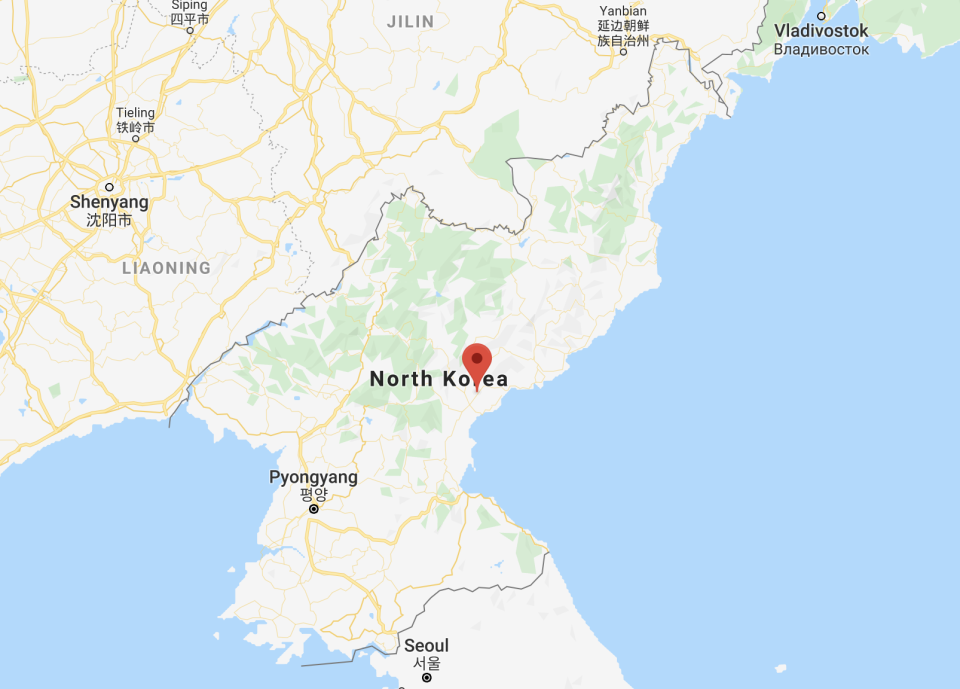'They call it ice': North Korean defector details the country’s massive drug problem
Former North Korean diplomat Thae Yong-ho says the country he defected from in 2016 engages in state-sponsored drug trafficking and is now trying to fix a widespread domestic drug addiction epidemic.
“In North Korea, the drug addiction is really, really a problem,” Thae told Yahoo Finance on the sidelines of the 2019 Oslo Freedom Forum. “That's why, even the government of North Korea is … seriously taking measures to prevent the spread of these drugs. Because those primitive drugs are even produced by individual families in North Korea.”
He added: “They call it ice in North Korea, cold ice, because when you produce it it looks like a small piece of ice... The drug is really, really, really a problem.”
Thae, who was North Korea’s deputy ambassador to the United Kingdom, defected to South Korea in 2016. He is one of the highest-ranking officials to defect from the so-called Hermit Kingdom.

Crystal meth at birthday parties
While statistics on the drug addiction problem in North Korea are scarce, several reports have emerged that fill in some gaps.
“Meth, until recently, has been largely seen inside North Korea as a kind of very powerful energy drug — something like Red Bull, amplified,” Andrei Lankov, an expert on the North at Kookmin University in Seoul, South Korea told the New York Times.
And youth addiction has become a serious social issue, the Daily NK noted earlier this year, with many people in their 20s and 30s — and even high school students — drinking and smoking crystal meth at “birthday parties.”
According to another report by Radio Free Asia, crystal meth was a “best-selling holiday gift item” during the Lunar New Year.

Under the radar
The situation has gotten so bad that the country has “developed” an injectable selenium, which can be used to treat the addiction, according to state media.
North Korea’s role in the meth trade is nothing new, Thae added.
He said that most of the production was located “mainly in Hamgyong, in pharmaceutical factories.” The country’s second largest city, Hamhung, which is in the southern part of the Hamgyong province, is known to be a hub for crystal meth production.
But despite the country’s production over the years, “the international police system has not found any” evidence, Thae noted.

—
Aarthi is a writer for Yahoo Finance. Follow her on Twitter @aarthiswami.
Read more:
'This is really quite dramatic': Cocaine is booming like never before
Juul exposed: How Big Vape took a page from Big Tobacco’s old ad playbook
The 'Cheap Date Index': Here's how much it costs to go out around the world
Read the latest financial and business news from Yahoo Finance
Follow Yahoo Finance on Twitter, Facebook, Instagram, Flipboard, SmartNews, LinkedIn, YouTube, and reddit.

